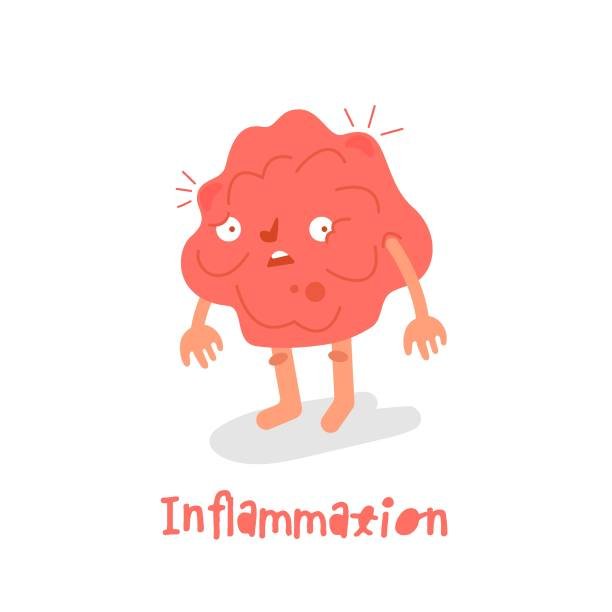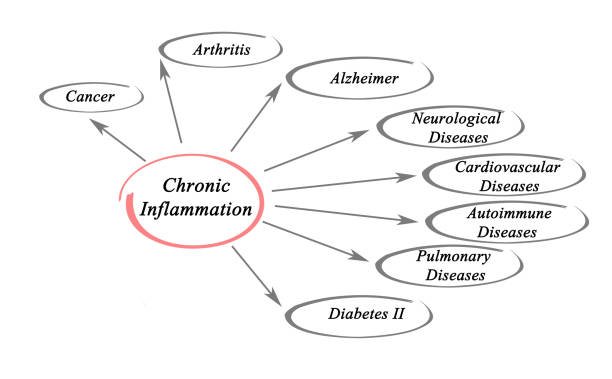Inflammation is important.
Inflammation is often considered the bad guy; we have anti-inflammatory medication, anti-inflammatory diets, ice applied to injuries to curb inflammation after injuries. However, inflammation is a vitally important process in how we feel pain, how we heal, and then how we stop feeling pain. The problem starts when inflammation becomes chronic.
Acute inflammation brings heat, redness, swelling, pain, and sometimes loss of function, and can be caused by things like an allergy, physical injury, or infection. The inflammatory response is designed to remove the allergen, to fight the infection, to heal the injury – amazing!
This inflammatory phase can last from a few days to a few weeks, and should resolve once your body is healthy again. There are actually chemical signals within your inflammation that help to stop the inflammatory response – very clever!
However...
Chronic inflammation is when the inflammatory response doesn’t resolve. This can be the case if there is continued exposure to the allergen, if the injury doesn’t recover, or if the infection continues. Lifestyle contributions to inflammation are smoking, obesity, alcohol, certain foods, and chronic stress. It can also happen if your immune system isn't functioning well, such as in auto-immune diseases.
Chronic inflammation can be hard to detect because it is usually more subtle than acute inflammation, often it doesn’t have the associated redness and swelling. Symptoms can include: pain, gut issues, weight issues, or mental health issues.
If chronic inflammation continues, it can lead to chronic pain, cancer, heart disease, rheumatoid arthritis, type 2 diabetes, obesity, asthma, cognitive decline and dementia (in older adults).
What does this mean?
Inflammation is your immune system. In an acute injury or infection, you want your immune system to jump in and help, think twice before you suppress it. An allergic reaction might be considered an overreaction of your immune system, so anti-histamine or similar options can be helpful to reduce the allergic response.
Chronic inflammation is much more complex, and needs a combined approach of medical management and lifestyle management (see above). Consider whether you have a problem with chronic inflammation if your injuries don’t resolve, if you’re constantly sick, if you have multiple allergies (including skin irritation), if you struggle with weight control, or if you have gut issues. If this sounds like you, see your GP.



